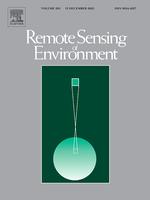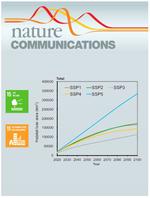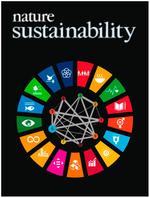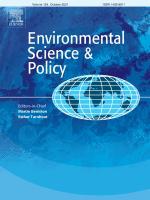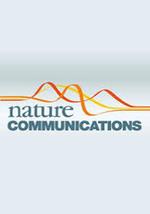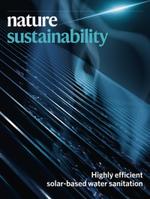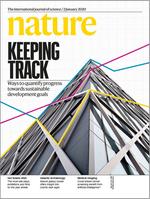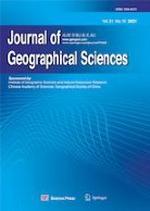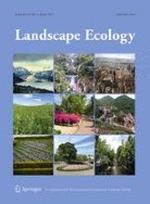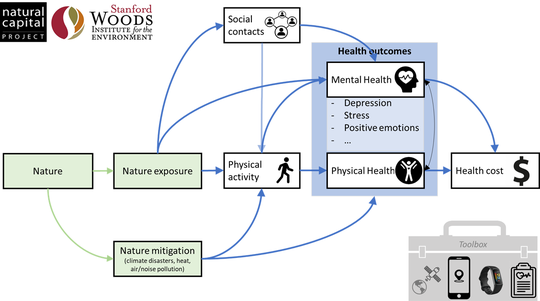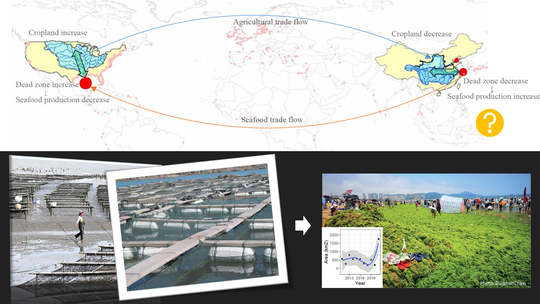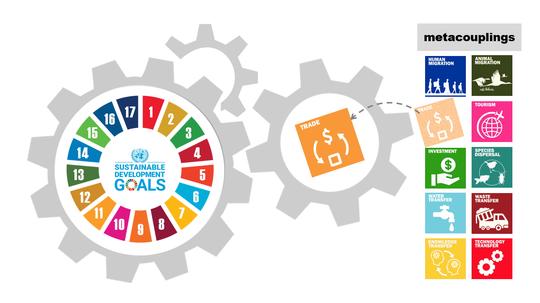Biography
Yingjie is a Postdoctoral Scholar with the Natural Capital Project at Stanford University, where he is dedicated to advancing cutting-edge science connecting nature exposure to human health and developing open-source tools for informing urban planning and public health policy. As an interdisciplinary scholar, Yingjie has broad interests in ecosystem service flows, international trade, and land-food-energy-water nexus. He received his Ph.D. in Environmental Science & Policy, as well as Fisheries and Wildlife, from the Center for Systems Integration and Sustainability at Michigan State University, where he studied how telecouplings shape global sustainability and impact nations’ progress toward Sustainable Development Goals (SDGs).
- Urban Nature and Health
- Environmental Footprints
- Sustainability
- SDGs
- Telecoupling
- Ecosystem Services
- Remote Sensing
- Social Sensing
-
PhD in Environmental Science & Policy (dual major), 2017 - 2022
Michigan State University
-
PhD in Fisheries and Wildlife, 2017 - 2022
Michigan State University
-
MS in Geography, 2014 - 2017
Shaanxi Normal University
-
BSc in Land Resource Management, 2010 - 2014
Hunan Normal University
